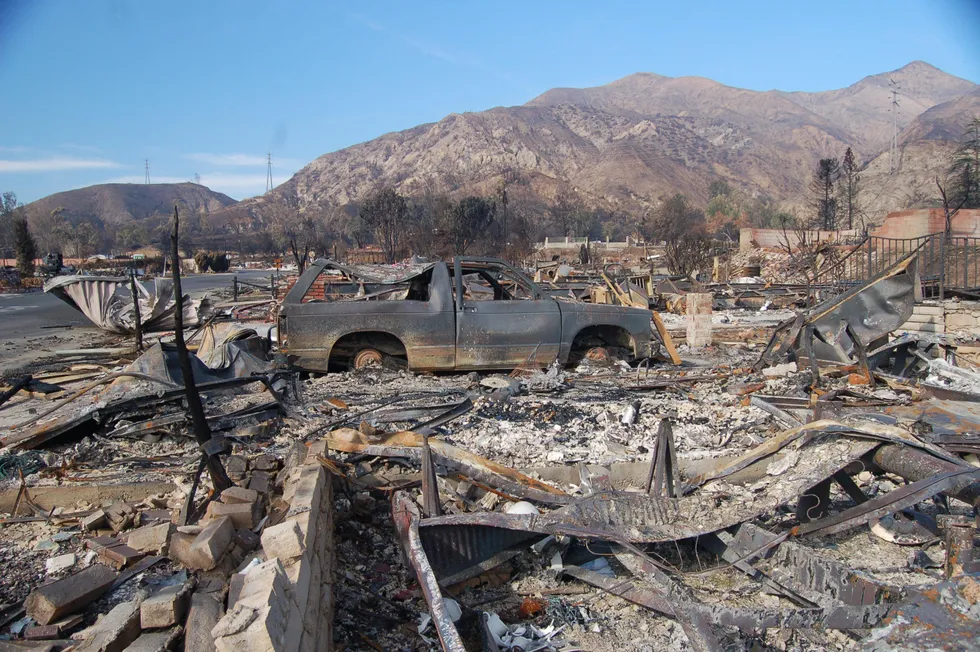A new study that reveals more on how the climate crisis affects cognitive functioning has shown that psychological trauma endured by survivors of extreme weather events like wildfires may have long-term impacts on their brains.
A growing body of studies and international governmental reports have also warned that extreme weather events like wildfires are becoming common in across the continent as the global climate continues to warm and some cities like California now have a designated annual fire season in the past three decades.
Published last week in the journal PLOS Climate, the research assessed whether some of the symptoms of psychological trauma related to the climate crisis-affected people’s memory, learning, thinking and reasoning in the long term.
Read also: IMF boss in Kigali to discuss climate change financing for EA
Although there are still significant gaps in understanding brain function changes of people impacted by climate change, studying cognitive effects this way has revealed the mechanisms behind some mental health symptoms..
Scientists that took part in the research assessed the cognitive functioning of participants across a range of abilities, including attention and working memory or one’s ability to maintain information in the mind for short time periods and also tested the subjects’ ability to not respond impulsively and their interference processing ability to ignore distractions.
Their brain function was also analysed while performing cognitive tasks by using brain wave recordings obtained from electroencephalography.
The study participants were grouped into three – those who were directly exposed to the 2018 wildfire, individuals exposed indirectly to the disaster and a control group that was not exposed.
Scientists found that not only do the groups directly and indirectly exposed to the fire deal with distractions less accurately than the control group, but they also found that people exposed to the wildfire had greater activity in their brain’s frontal lobes when they dealt with distractions.
“Fire-exposed individuals showed significant cognitive deficits, particularly on the interference processing task,” scientists wrote in the study. “To the best of our knowledge, this is the first study to examine the cognitive and underlying neural impacts of recent climate trauma,”.
Citing some limitations of the study, scientists said there was a possibility that the group differences observed in the research might have been present even before the traumatic wildfire event.
However, researchers still believe the findings provide the first evidence of the chronic effects of climate trauma caused by wildfire.
“As the planet warms, more and more individuals face extreme climate exposures and hence, novel resiliency tools need to be investigated from multiple perspectives,” they concluded in the study.
Story was adapted from Independent.
